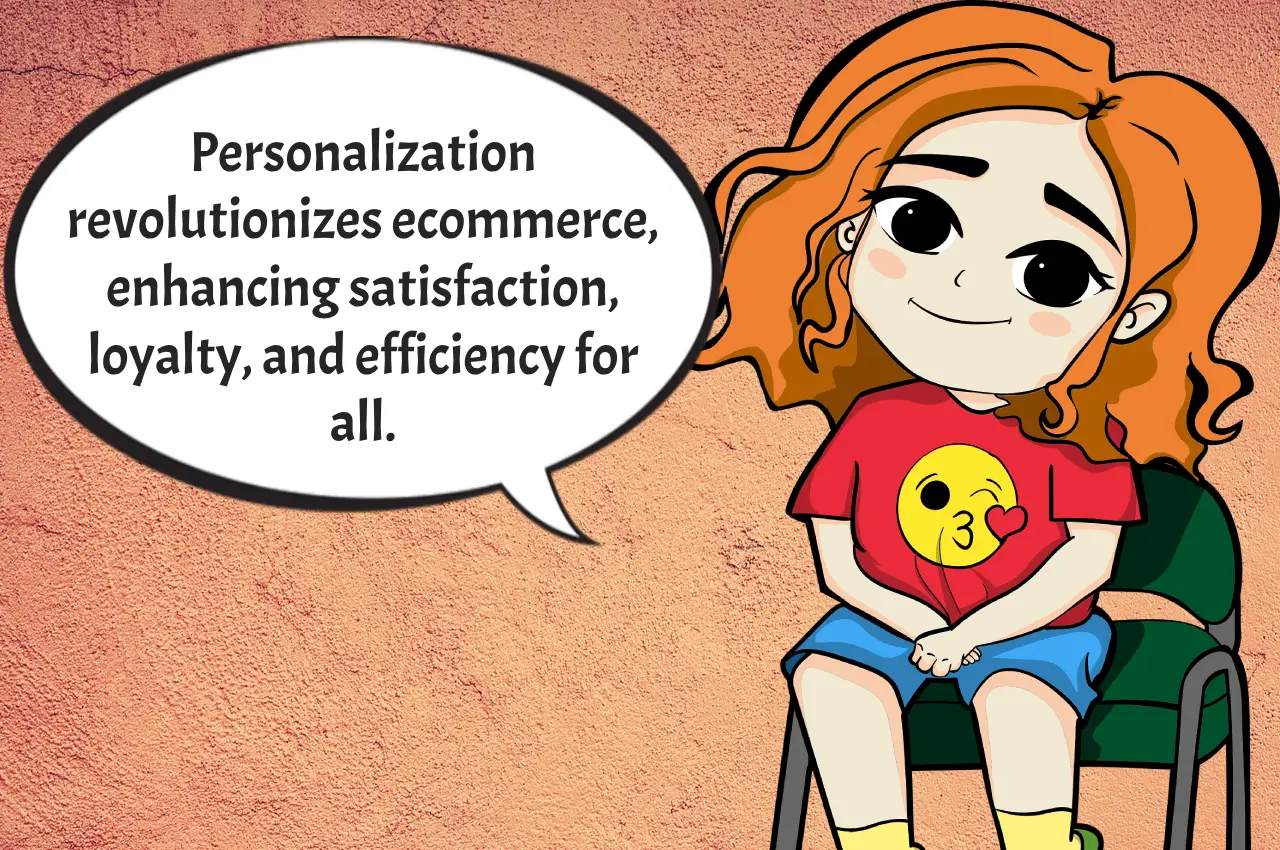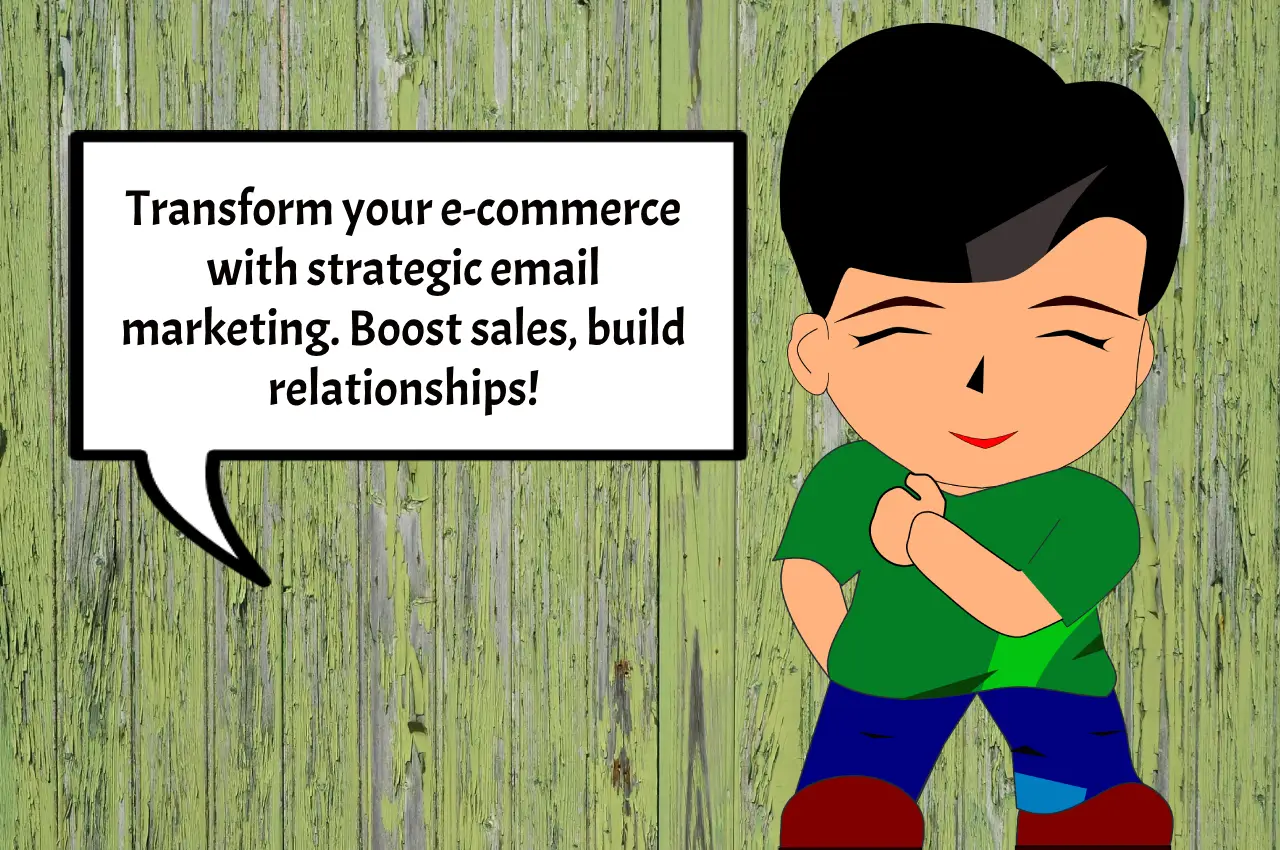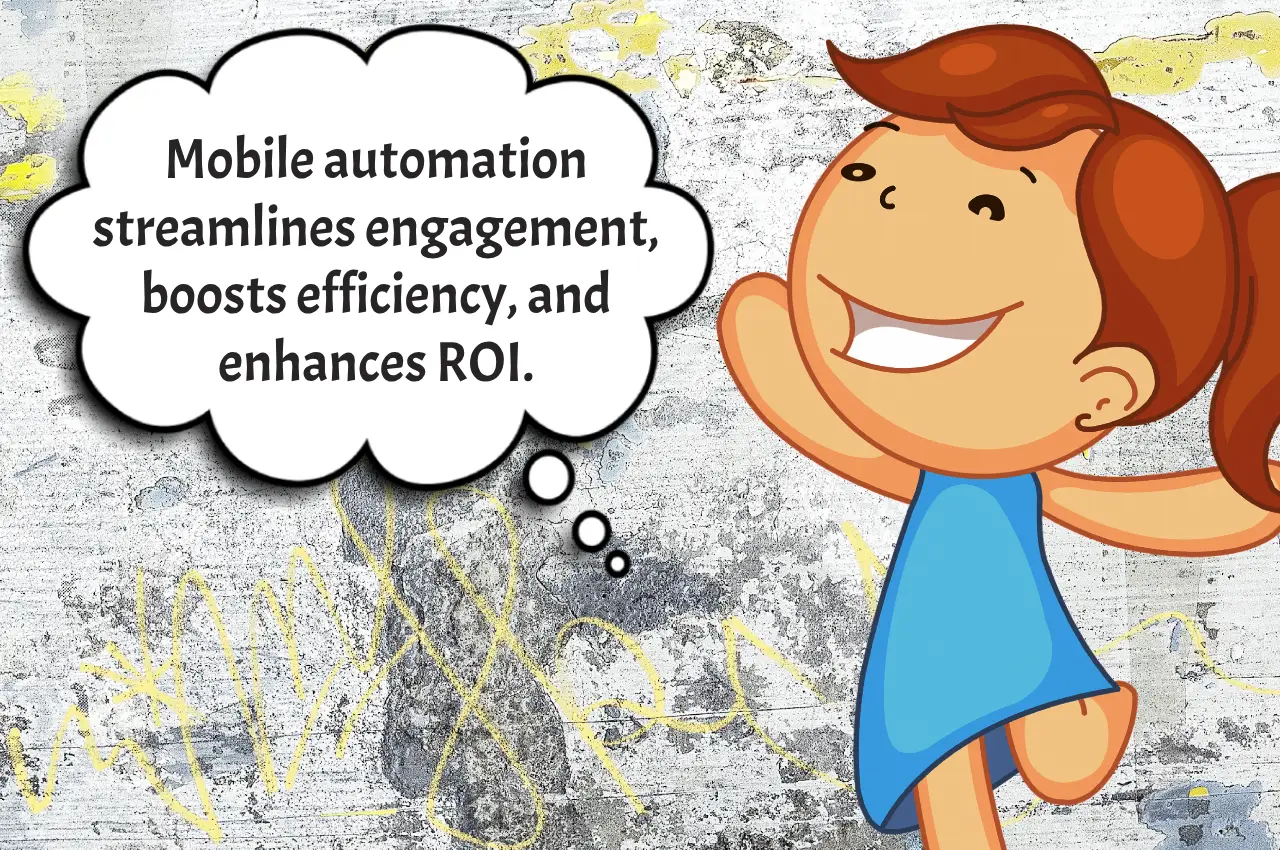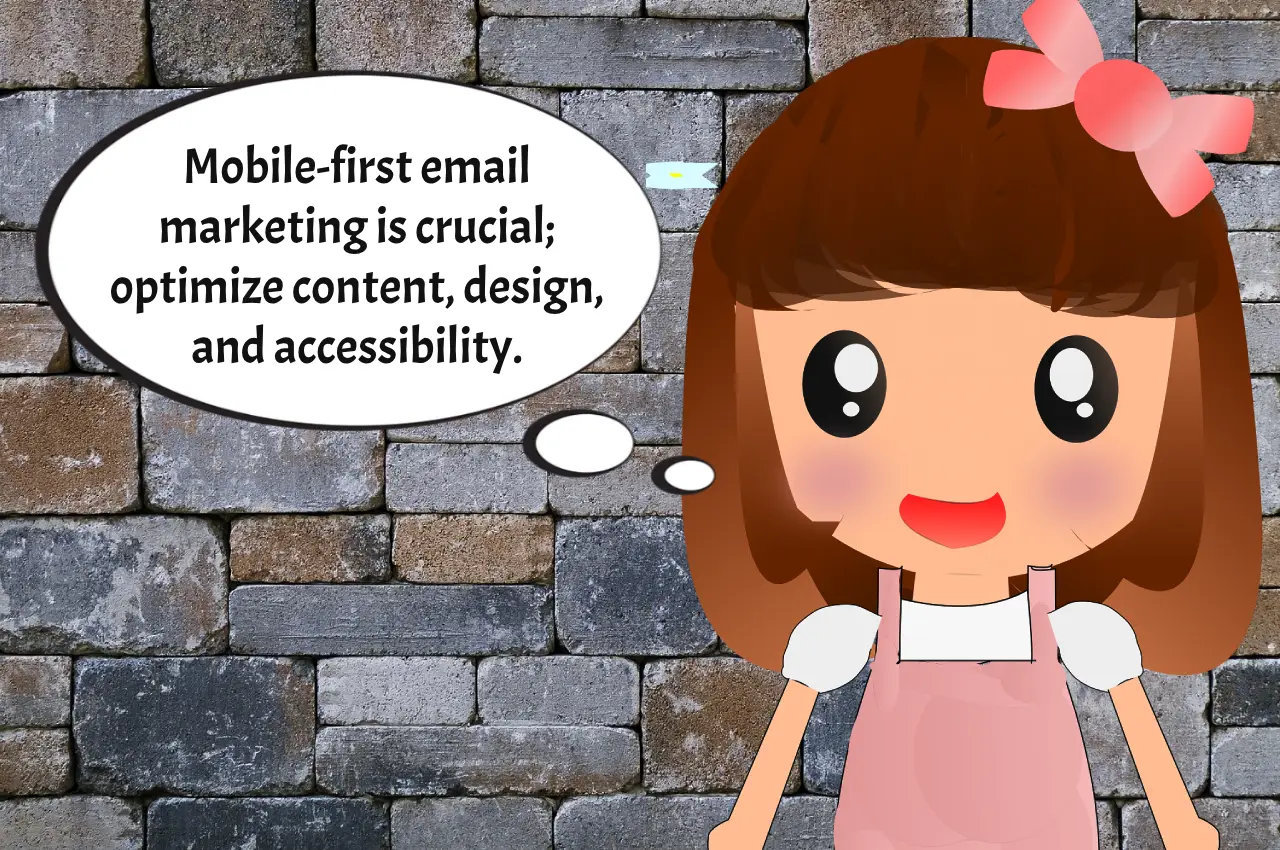Ever found yourself scrolling through an online store, marveling at how it seems to understand your preferences better than you do yourself? That’s the magic of personalization in ecommerce—a tailored shopping journey designed just for you. In a world dominated by digital transactions, businesses are increasingly recognizing the importance of catering to individual needs and preferences. From customized product recommendations to personalized emails, the era of one-size-fits-all shopping experiences is long gone.
Understanding the Dynamics of Personalization in Ecommerce
Picture this: You’re searching for a new pair of sneakers online. As you browse through different styles and brands, you notice the website suggests similar products. These suggestions are based on your past purchases and browsing history. It’s as if the platform knows exactly what you’re looking for, making the entire shopping process seamless and enjoyable.
This level of personalization doesn’t happen by chance. Behind the scenes, sophisticated algorithms analyze vast amounts of data to identify patterns and trends in consumer behavior. Ecommerce platforms can leverage techniques such as machine learning and predictive analytics. These techniques allow them to deliver targeted recommendations. The recommendations are tailored to each user’s preferences.
The Benefits of Personalized Shopping Experiences
So, why invest in personalization? The answer lies in the numerous benefits it brings to both businesses and consumers alike.
For businesses, personalization translates into increased customer satisfaction and loyalty. By delivering relevant content and recommendations, companies can foster stronger connections with their audience. This ultimately drives repeat purchases and long-term engagement. Moreover, studies have shown that personalized marketing efforts yield higher conversion rates and ROI compared to traditional, one-size-fits-all approaches.
From a consumer perspective, personalization enhances the overall shopping experience by saving time and effort. Shoppers streamline the decision-making process by presenting products that align with their tastes and preferences, instead of sifting through endless options. This not only reduces frustration but also increases the likelihood of discovering new items that resonate with their interests.
Examples of Personalization in Ecommerce Done Right
To illustrate the power of personalization in ecommerce, let’s take a look at some real-life examples:
Amazon: The retail giant is renowned for its personalized shopping experience, with features such as “Recommended for You” and “Frequently Bought Together” offering tailored product suggestions based on past purchases and browsing history.
Netflix: By analyzing viewing habits and user ratings, Netflix delivers personalized recommendations for movies and TV shows, ensuring that each subscriber receives content tailored to their preferences.
Spotify: The music streaming service leverages machine learning algorithms to create custom playlists for users, taking into account factors such as listening history, genre preferences, and mood.
These examples demonstrate how personalization can transform the way we shop, consume content, and interact with digital platforms. By harnessing the power of data and technology, businesses can create meaningful experiences that resonate with their target audience on a personal level.
The Future of Personalization in Ecommerce
As technology continues to evolve, the possibilities for personalization are endless. From virtual shopping assistants to AI-powered chatbots, the future of ecommerce holds exciting opportunities to further enhance the shopping journey.
However, it’s essential to strike a balance between personalization and privacy. While consumers appreciate tailored recommendations, they also value their privacy and data security. Therefore, businesses must be transparent about how they collect and use customer data, ensuring that personalization efforts are conducted ethically and responsibly.
In conclusion, personalization is no longer just a buzzword—it’s a fundamental aspect of modern ecommerce. By understanding the needs and preferences of their audience, businesses can create immersive shopping experiences that drive engagement, loyalty, and ultimately, business growth. So, the next time you embark on an online shopping adventure, pay attention to the personalized touches that make the journey uniquely yours.
What are your thoughts on personalization in ecommerce? Have you had any memorable shopping experiences that felt tailor-made for you? Share your thoughts in the comments below!





